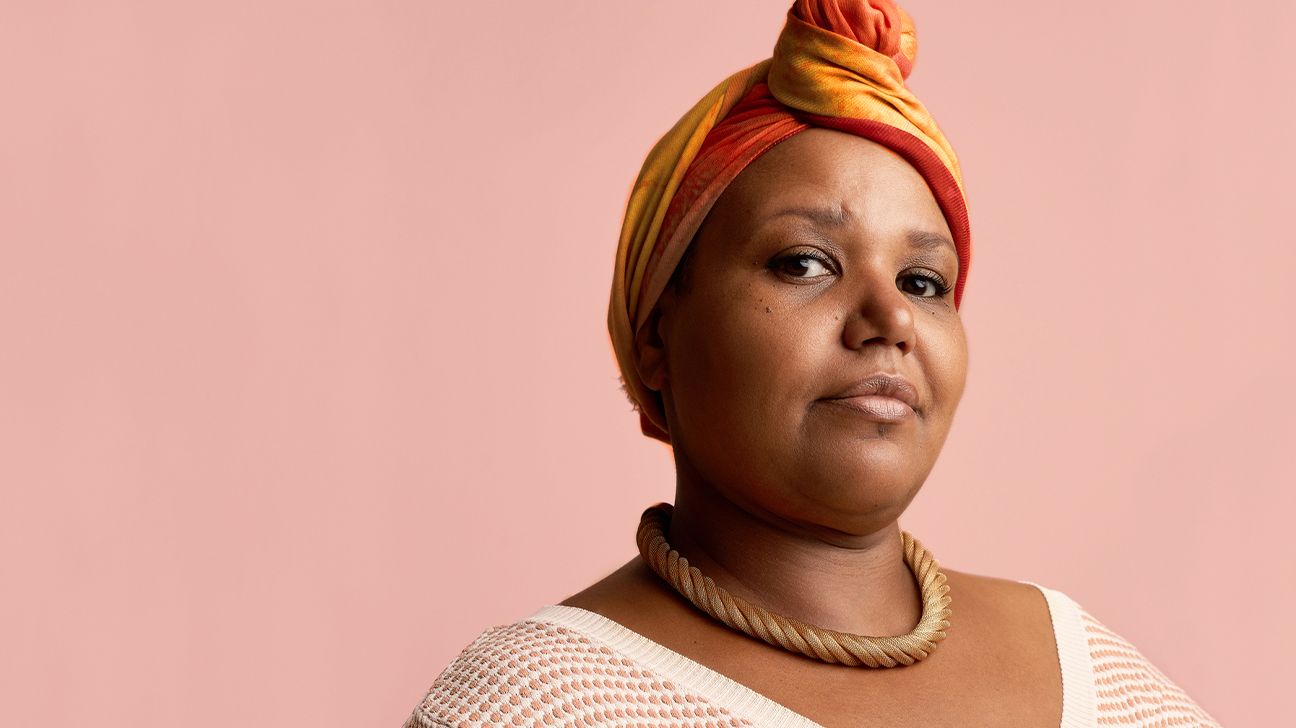Breast Cancer Detection: 4 Ways to Practice Self-Advocacy
November 02, 2020
Content created for the Bezzy community and sponsored by our partners. Learn More

Clique Images/Stocksy United
Advocating for your health helps you get the care you need and make important decisions regarding your well-being.
Each year, 250,000 women in the United States receive a breast cancer diagnosis.
Survival rates continue to improve, but early detection remains crucial for minimizing the invasiveness of treatment, especially since tumors are easier to manage in their initial stages.
This is why it’s so important to speak up when you see or feel something abnormal in your breasts.
Advocating for your health helps you get the care you need and make important decisions regarding your well-being.
Here’s what four breast cancer survivors wish they’d known about speaking up, and how practicing self-advocacy empowered them before, during, and after their diagnoses.


1. Persevere for prompt and proper care
The first step in breast cancer detection is seeing a doctor to get a mammogram, which can potentially prevent a tumor from spreading.
Even so, breast cancer survivor Leanna Blanchard, PT, DPT, OCS, who was 28 when she first felt a lump in her right breast, was told she’d have to wait a month to see a physician.
“It didn’t feel right to me to have to wait, but I didn’t know how to escalate it. I second-guessed myself and how serious this lump could be,” says Blanchard, a board certified specialist in orthopaedic physical therapy, whose patients include those affected by breast cancer.
Blanchard finally saw a doctor, but when a mammogram and ultrasound were ordered, she had to wait another month to get them — which eventually resulted in a diagnosis.
“I wish I had looked at other local clinics that could have maybe gotten me in sooner,” she says. “It’s unlikely that the 2 months I spent from finding the lump to getting the diagnosis would have made a difference in the way I was treated, but I’ll always wonder if it could have.”
Facing barriers to care is frustrating, but we all have the right to access a quality doctor when needed.
“It can be really hard to advocate for yourself and push for what you need, but you just have to never give up. Trust your body — you know it best,” Blanchard says.
2. Consider a second opinion
In addition to persevering for access to care, it’s vital to explore all potential treatment avenues.
Since breast cancer is treated differently depending on your situation, it’s important to seek another opinion on the best course of action.
“Once I received my diagnosis, I was really overwhelmed, but one thing I’m so glad I took the time to do was get a second opinion,” Blanchard says.
If you get the same (or similar) recommendations from another physician, you can feel fairly confident it’s the best plan for you, she adds.
While overwhelming, having a range of options is an opportunity to consider what’s most important to you.
“A cancer diagnosis can make you feel powerless,” Blanchard says. “Getting [another opinion] gives the power back to you. It puts you back in charge of your body.”
3. Ask trusted loved ones for help
Loved ones can help support you on your self-advocacy journey.
“Sometimes you might not be able to remember everything that is said. So two sets of ears are good, plus a notebook,” says Joy Tassillio, a breast cancer survivor who has been in remission for almost a year and a half.
The presence of a friend or family member at doctors’ appointments can ease the burden of obtaining so much information — especially at the first few appointments.
On the flip side, having someone in the room can limit your personal agency if they have a more outgoing personality or they’re prone to speak for you.
Blanchard suggests coming up with a game plan ahead of time. Delegate who will ask questions and who will take notes, so both you and your support person know what to expect.
4. Ask questions to get what you need
A breast cancer diagnosis is overwhelming, but it’s important to seek the answers you need.
Breast cancer survivor Marianna Lewis, a school teacher in Fort Pierce, Florida, explains that asking questions is important because it ultimately helps you make the right choice for you.
“I strongly suggest asking as many questions as you can,” she says. “No question is a stupid question.”
With the help of her husband, a tight-knit community, and time to think, Lewis chose the option that best suited her journey: a bilateral mastectomy with reconstruction.
“Everyone in the end has to do what they feel is right for them,” she says. “It was a long road, but I do not regret my decision.”
Asking questions can also help you navigate through the treatment options that don’t feel right, adds Tassillio. She was advised to try chemotherapy, but ultimately chose against it.
Self-advocacy matters for early detection and personalized care
No matter where you are in your breast cancer journey, an attitude of self-advocacy is a must.
When you speak up, ask questions, and persevere through uncertain waters, it’s not only to access quality care and find the right regimen for you.
It’s also to fight for your right to live, says breast cancer survivor Michele Staron.
“If you are uncertain, get a second or even a third opinion, but fight for your life, because we only have one,” she says. “Listen to your body, don’t shrug things off even when you’re told you are fine. No one knows how or what you feel inside except you.”
Article originally appeared on November 2, 2020 on Bezzy’s sister site, Healthline. Last medically reviewed on November 2, 2020.
Medically reviewed on November 02, 2020
5 Sources


Like the story? React, bookmark, or share below:
Have thoughts or suggestions about this article? Email us at article-feedback@bezzy.com.
About the author